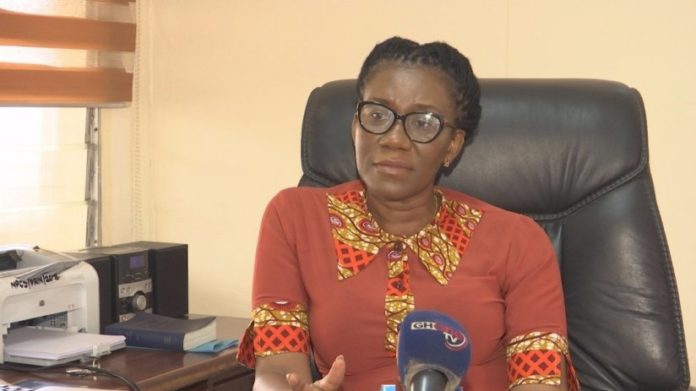The National Population Council (NPC), has called for media support to create and maintain awareness on sexual and reproductive health needs of women and girls during the COVID-19 pandemic and beyond.

Dr Leticia Adelaide Appiah, the Chief Executive of NPC, said it was important for the country to remain committed to safeguarding hard-fought gains in promoting Sexual and Reproductive Health Rights (SRHR) of women and girls and keep the issues on the local agenda during the pandemic.
Dr Appiah who made the call at an event to pre-launch the 2020 World Population Day celebrations in Accra with support from the United Nations Population Fund (UNFPA), said that was the only way to maintain the momentum towards achieving the Sustainable Development Goals (SDGs) by 2030 and ensuring Ghana beyond aid.
World Population Day is observed every July 11 to raise awareness on population issues.
This year’s celebration is on the theme; “Putting the Brakes on COVID-19 to raise awareness of global population issues: How to Safeguard the Health and Rights of Women and Girls Now”.
The celebration will raise awareness on the three transformative goals of; zero maternal deaths, zero unmet needs for family planning as well as zero sexual and Gender Based Violence and harmful practices.
Dr Appiah noted that almost one out of three married women who wanted to space or limit the number of children to have was not using any family planning method leading to many unintended and mistimed pregnancies and asked the media to help preach the advantages of family planning.
She said in the wake of the pandemic, population issues were also influencing outcome of livelihoods and must no longer be ignored.
Dr Appiah recounted challenges COVID-19 had exposed women and girls to and called for the need to advocate the continuity of SRHR and Sexual and Gender Based Violence services.
Dr Patrick Kuma-Aboagye, the Director General of the Ghana Health Service, said the Service by way of controlling population had mainstreamed family planning services and also extended its scope by using Community Health nurses to reach the vulnerable.
He said family planning was placed on the National Health Insurance on a pilot to offer services for free in some areas.
Dr Agnes Ntibanyurwa, the UNFPA Deputy Country Director, called on government to put in place measures to ensure the achievement of the formative goals target, which were necessary in meeting the SDG goals.
Ms Patricia Antwi-Boasiako, the Deputy Director Operations and Advocacy Marie Stopes Ghana, pledged to support the NPC and called for the need to prioritise and invest in the health of women and girls.
She underscored the need to increase local funding, specifically budgetary allocation to health, with clear lines of a good percentage to adolescent reproductive health issues.
“Our ability to achieve the SDGs in 10 years, to safeguard the future of our girls and ensure our development gains are indeed progressive and sustainable depends largely on the investments we make today as a country,” she stated.
SOURCE
GNA



